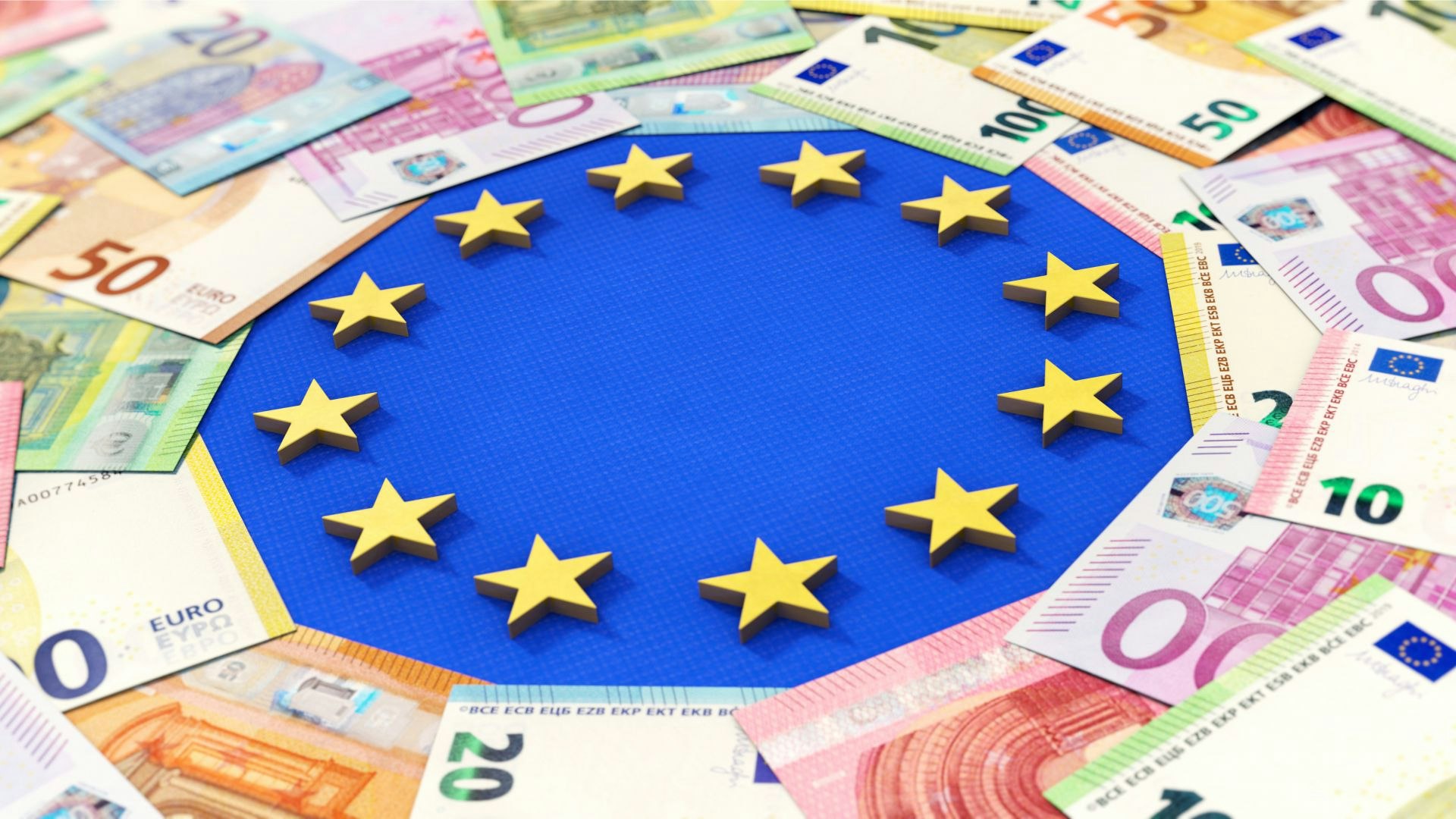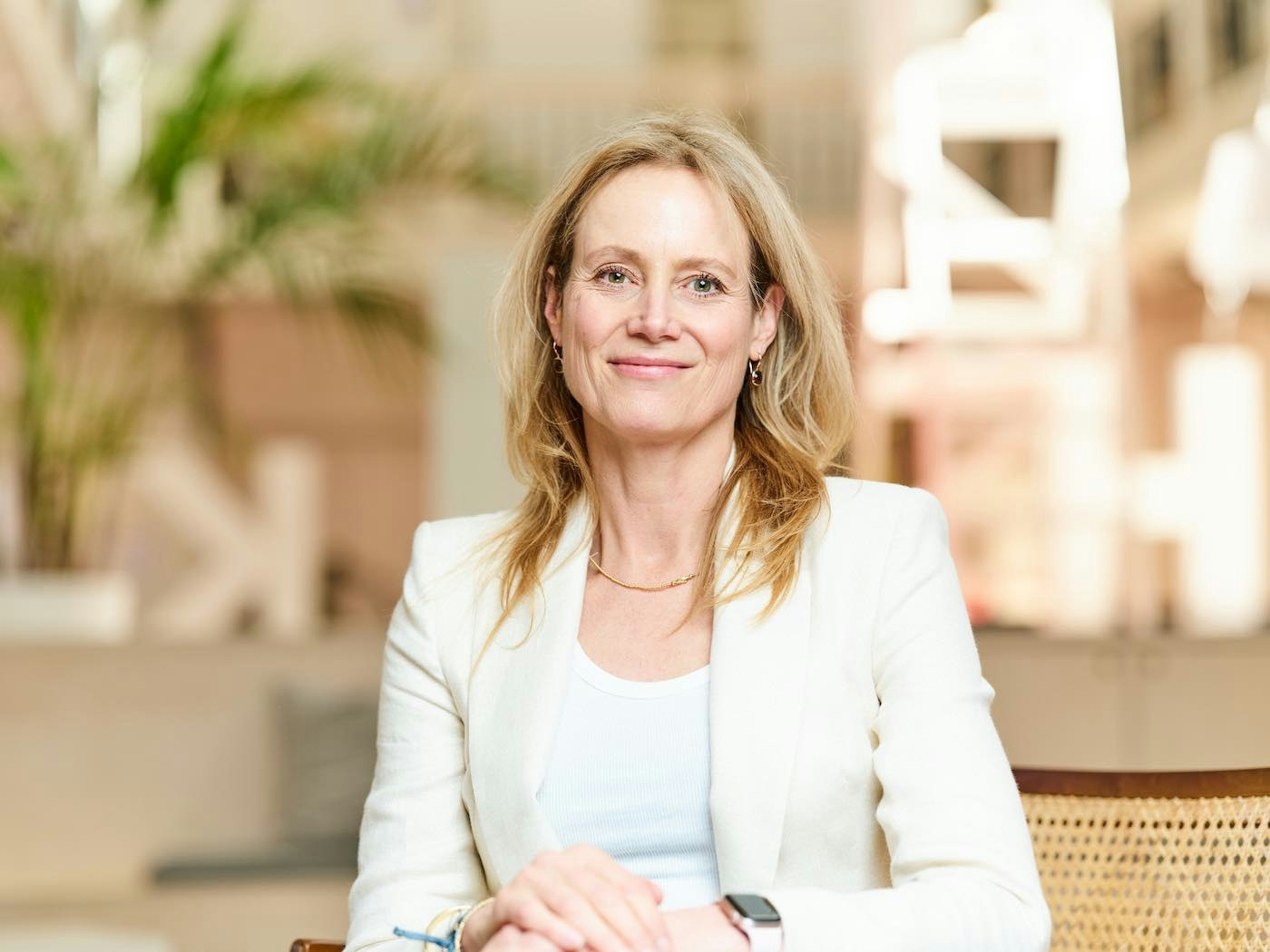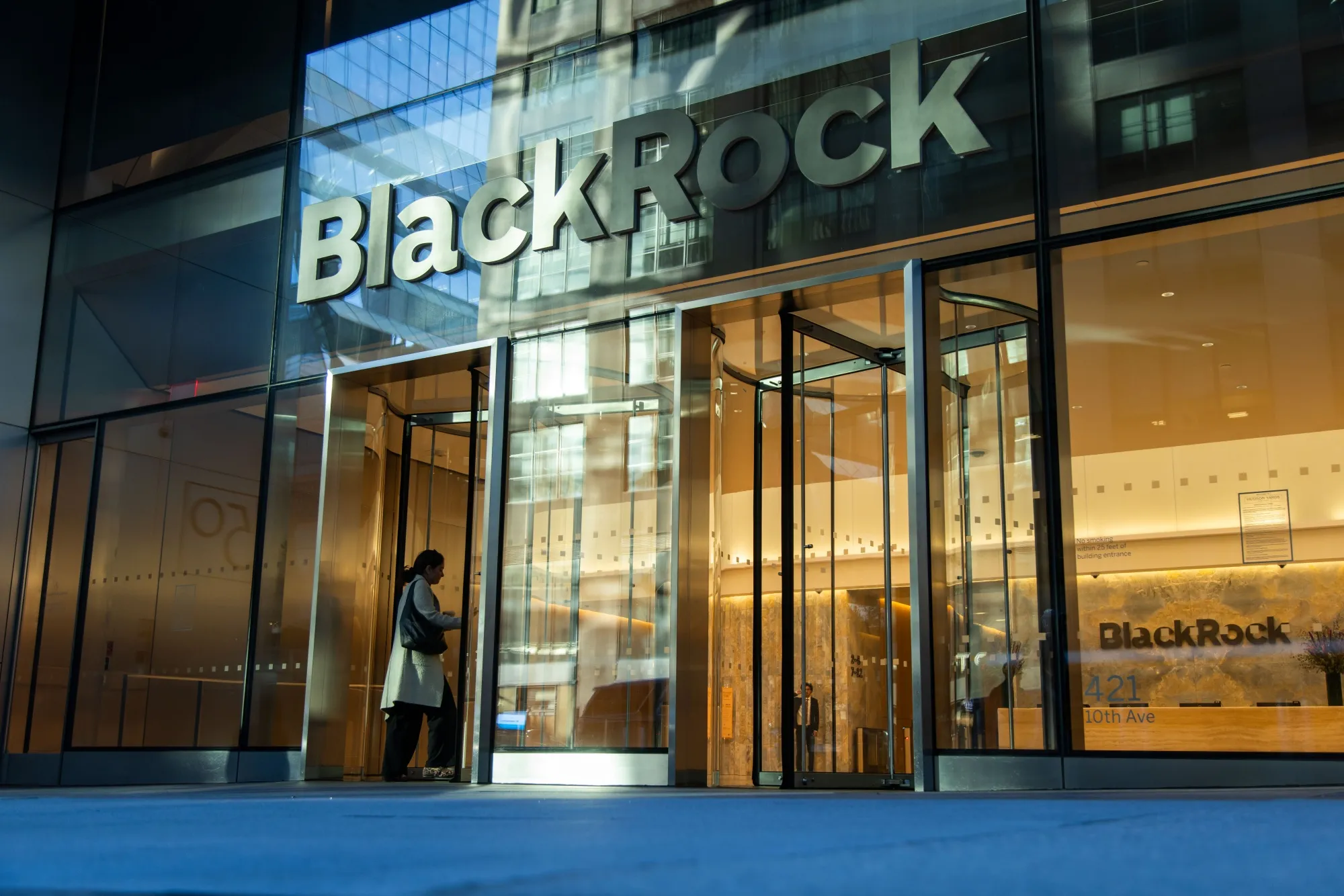Tech workers in Europe have become a lot more comfortable talking about mental health. Some of the industry’s most high-profile founders, like Monzo’s Tom Blomfield, have openly admitted to struggling with burnout.
But it's rarer to hear about how the other half of the tech ecosystem, venture capitalists, are faring. Despite the image of a glamorous life jet-setting around Europe, VC is rife with untreated burnout and mental health struggles.
Thirteen investors that Sifted spoke to described seeking intensive professional help, taking months off work and having friends and loved ones cut ties with them due to the stresses of the job. They described having to be on call for partners at all hours, losing huge chunks of their free time to attend the "right" events and facing pressure to be constantly accessible through social media. And there’s all the petty posturing between firms as well.
All the investors asked to remain anonymous, citing concerns that speaking out about mental health might affect their prospects of raising money for their funds or winning deals.
The global tech slowdown has only increased the heat on VCs. Portfolio companies are leaning on investors for help on how to navigate layoffs and conserve cash. Funds themselves are struggling to raise; some have shed staff.
The economic climate for VCs at the moment is an existential one. Investors are stressed, which doesn’t bode well for the (also under-pressure) founders leaning on them for support. If VCs don’t have their own mental health in check, then ultimately, no one in the startup game wins.
Ill-equipped to help struggling founders
One founder tells Sifted that when her mental wellbeing was on the rocks during the pandemic in 2020, her investors were clearly ill-equipped to communicate with her on the topic, or even to try and help.
She recalls joining a call with one shortly after she'd told the investment team about her struggle with mental health, who, instead of addressing the topic, simply asked: "How’s business going?"
On the flip side, VCs say they can feel overwhelmed when things aren’t going well at a portfolio company.
“It’s easy to become bogged down in the flow of bad news, especially in times like these where the markets are deteriorating and your portfolio companies' valuations are being slashed,” said a partner at a Berlin-based VC.
‘Lone wolves’
Investors say that VC's poor track record on mental health comes from a lack of maturity in the industry, its unique business model — and, naturally, the pressure to close deals.
Other high-pressure industries, which have their own problems with long hours and cut-throat cultures, have managed to support their employees. Goldman Sachs, for example, implemented employee mental health programmes in 2021 to combat burnout. But few venture firms have an official human resources department, let alone offer mental health support.
“Our business is other people’s businesses, so you never focus on the fund as a business itself,” says an early-stage investor from a Dutch fund. “So it can be a lonely job. You’re sort of all lone wolves working in a pack without paying attention to your review or hiring process, or celebrating things internally.”
VCs at the same firm jostle with each other for a chance to secure a spot as partner. But often there simply isn’t enough room for everyone to get the promotion. And those who do get the top jobs say it can be like drinking from a poisoned chalice.
As a partner, there’s pressure to “pump a lot of money into the fund”, often taking out personal loans, says a Sweden-based partner at a VC firm. A typical team commitment to a fund is 2-2.5%; for a €200m fund, €4-5m would come mostly from partners, with some from junior staff.
The job, says the partner, can feel inescapable.
“There’s a lot of VCs who have been doing this for a long time who get stuck,” she says. “Even for myself [I think] what would I do if I wasn’t working for a fund? Like what even is my job?"
It's just a very competitive and inhumane environment that we create for each other.
Much of this stress is the result of intense pressure from a fund's investors — limited partners — to produce good returns. VC is among the riskiest major asset class, and it can be well over a decade before a deal returns a profit — if it returns any cash at all. There's a fear that admitting to mental health struggles would make it harder to raise money from LPs, which is why many VCs stay mum, says one solo VC. He's currently seeking the help of a therapist, given his “lonely existence”.
“This is the struggle we are always in: you’re not allowed to speak out loud about these kinds of problems, because you’re considered super negative by the whole market, and your business becomes more difficult because people are not going to invest in you,” he says. “No one wants to hear that you have problems.”
The Sweden-based partner sums it up: VC is “not a job that you can let go of… you basically give your whole life" to it — because your top priority is returning the fund to LPs.
This “pressure” drips down to the lower rungs of the organisation, she says. “You can get a call at night, [on] a Saturday, and if you're not a partner, then you basically need to do what the partners asked you.”
Investors are evaluated individually — and often compensated accordingly — on the success of deals they bring in, which can “contribute to sharp elbows internally”, says the Dutch investor.
“VCs have to attach themselves to a company in a way that’s much more personal than a hedge fund analyst who buys Google stock,” says a VC from a London-based firm. But that also means they have to harbour the shame if a company does eventually fail, she and another investor tell Sifted.
The Swedish partner says that she has known colleagues to say negative things about her or other peers in order to advance internally. “It's just a very competitive and inhumane environment that we create for each other.”
The toxicity of always having to be seen
On top of it all, getting in on the hottest deals requires being seen and heard, online and at all the best parties and events, by both founders and other investors. The pressure to build a personal brand, often to attract dealflow, is exemplified by the "VC spewing hot takes on Twitter" trope.
”You need to be out there, you need to find a founder, you need to sell to the founder, you need to persuade them to work with you and not another VC. You have to be a people person,” says a London-based investor. “If you’re not set up for the rat race personality-wise, it must be hell.”
But it’s not just founders that VCs have to impress, but each other.
The investor from a Dutch firm says that it’s common for VCs at parties to ask you which fund you work at before they even ask for your name. “If they don’t recognise your fund, or you’re not from a certain tier and you can’t give them dealflow, it’s like 'get the fuck out',” she says.
If you’re not set up for the rat race personality-wise, it must be hell
Another investor from a Swiss firm says she saw that exact scenario play out at a women in VC event in Paris last year. “On the panels, senior women in VC would talk about the need to help each other out because there’s not enough women in this industry. And next up, you would have people ignore you because you’re from a tier-two fund,” she says.
“I think that just brings a lot of toxicity.”
On the other side of the coin, being the person that everyone in the room wants to speak to is exhausting and often unrewarding, says a Berlin-based investor from one of Germany’s biggest firms.
“People want to talk to you at events, not because you’re particularly funny, but because you’re the gatekeeper to money,” he says. “These events may be in spectacular, volcanic mountains filled with interesting people, but it’s always work, and you are there as a function of the fund you represent.”
'VC should not be a 15-hours-a-day job'
One former VC, who had a particularly unpleasant experience at a German firm and spent six months in therapy afterwards “to recover”, tells Sifted that she doesn’t think that it's the VC industry that creates or exacerbates people's mental health issues. Instead, it’s toxic bosses and unhealthy cultures at specific firms.
“The problem is if you’re in a toxic environment,” she says.
Like any company, the culture of a VC firm starts at the top. And the partners leading funds have a responsibility, many investors say, to create a supportive environment that encourages work-life balance and institute policies such as mental health support and parental leave — policies that the majority of firms have neglected to implement.
“I was feeling guilty to stop working at 8pm. And at one point, I remember my husband saying, ‘you don’t have to pick up the phone at 10pm. Why are you doing that?'” recalls the former VC.
“VC should not be a 15-hours-a-day job,” she adds. “When you think about it, as a VC you get to know founders, you keep in touch with them. You keep your network with other VCs to exchange dealflow. There’s nothing to be rushed there.”
He’d already put me in this box of immigrant woman
VC has a lot of bad actors whose inappropriate behaviour, particularly towards women and people of colour, often goes unnoticed — or unchallenged, says the Swedish VC. She recalls her first day joining a firm where the general partner asked her whether her parents came from a war. “So he’d already put me in this box of immigrant woman,” she says.
For women, it’s particularly lonely at the top, with more than a third of European funds yet to hire a female partner, according to 2022 data. Even if you have "made it", getting into the right rooms as a woman can still be difficult.
“I think a lot about this when I hire,” says the Swedish partner. “I want women in my team, but I also need men in my team, because they get access to arenas and platforms that I don’t get access to.”
The promise of future generations
Some VCs in their twenties Sifted spoke to are hopeful that, as the topic of mental health gains more importance in society, the VC industry will also evolve to become more supportive of its employees' wellbeing.
The first step for VC firms is simply to become more literate in speaking about mental health.
“I think Gen Z are pretty self-aware in terms of what they want to do and how they want to live, and how they don’t want to live. And I think our generation, or the next one after that, will bring new changes to the field,” says Elena Mazhuha, investor director at Flyer One Ventures.



